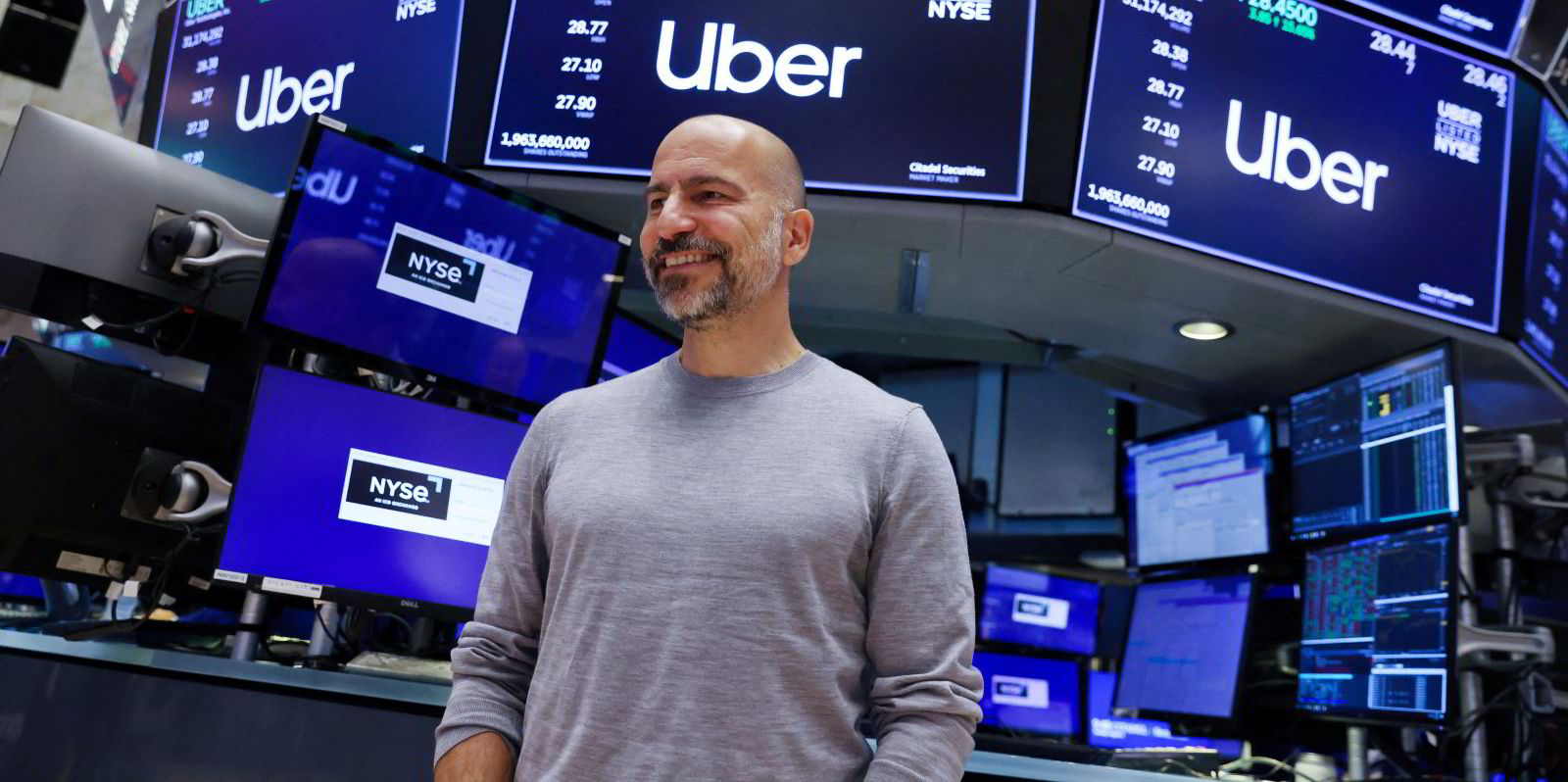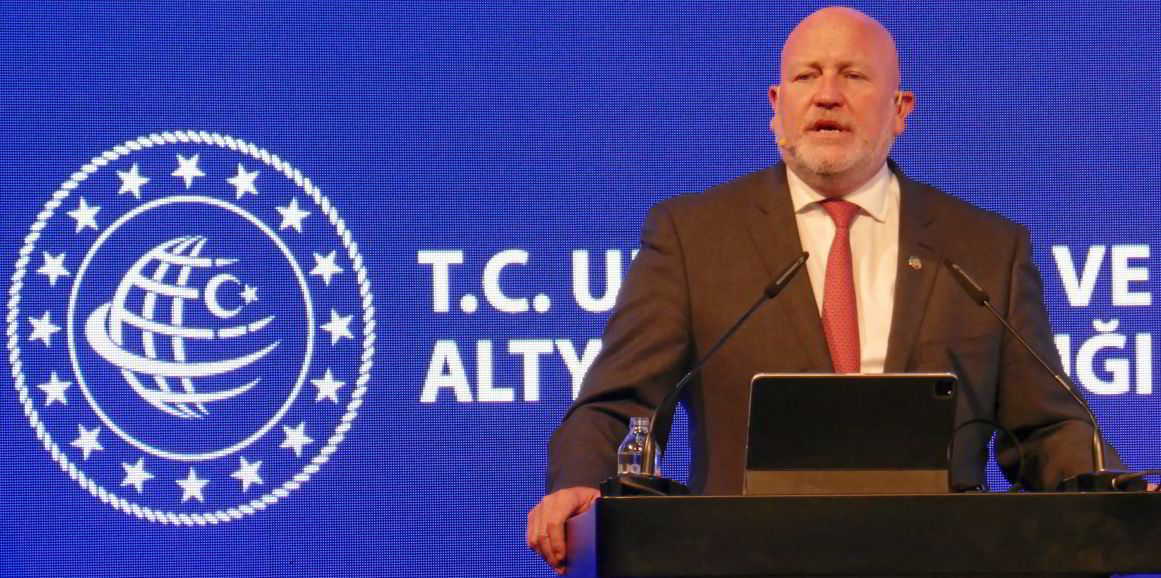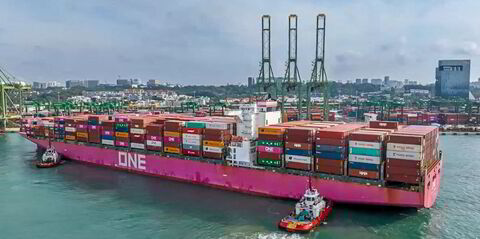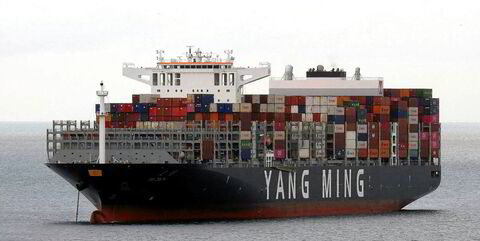In early December 2022, I was part of a union team involved in challenging negotiations at a technical meeting of the International Labour Organization (ILO). After a difficult week, we reached an agreement that managed to ignore many pressing problems facing the sector — in this case, oil and gas. This has, unfortunately, become the norm.
Negotiations at the ILO are becoming increasingly problematic.
The union side is represented by people with decades of work experience in the sector. Governments send serious people who know what they are talking about.
But employers increasingly send delegate lawyers as their representatives, often people with no working knowledge of the sector, and a brief to commit to as little as possible. None of the major companies in the sector attended the meeting I was involved in, and the employers’ representative was someone who had previously negotiated the agreement on the world of sport.
Tripartite UN agency
Meetings like these are the bread and butter of the ILO — policy meetings that provide guidance on how to address issues in a sector. They are particularly important as new sectors arise, such as platform-based work, or existing sectors face big changes due to the twin transitions of climate and technology.
The ILO is the only tripartite United Nations agency, which means agreements are reached after negotiations between governments, workers’ representatives — typically trade unions — and employers’ organisations.
This is a useful process: since the agreements have been signed off by all parties, they should be of a high standard and acceptable to all, and can be used to develop domestic legislation or company policy. ILO recommendations and conventions form the basis of much global labour law, as well as industry good practice.
The ILO was founded in 1919, in the wake of the Russian Revolution and uprisings in Germany and Britain, as an attempt to create an institutionalised compromise between capital and labour.
Since then, it has created the standards that have become the basis for most labour law. But employers are increasingly full of swagger — they are not willing to compromise, and feel no responsibility for the vulnerable workers they are exploiting.
Employers have been pushing back against core labour standards since at least the 1980s, when the Thatcher-Reagan revolution upended the post-war social contract. Over the past decade, these attacks have become more sophisticated and more cynical, with the employers’ group making legal attacks on core ILO conventions, such as the right to strike.

New types of employers such as Uber set a precedent for ignoring rules altogether, and the rise of populist governments means there is less support from some countries for defending the current system.
There is a wider context to this. As well as pushback at the ILO, the ITUC Global Rights Index reports record abuses of workers’ rights in 2022. Despite stronger environmental, social and governance requirements, and a growing body of due diligence legislation, workers still find themselves at the sharp end of the global economy.
In our December negotiation, it felt as though employers were fighting to keep reality out of the room. An important sticking point was that the employers insisted the final report state that working conditions in the sector are “better than other sectors”.
We conceded that conditions were good, but not “better”, among the permanent workforce — but that permanent employees were becoming a minority, due to a growing prevalence of outsourcing. The negotiator refused to acknowledge the existence of outsourced workers.
Experts not lawyers
Who will take responsibility for outsourced workers, and those further down the supply chain? Outsourcing is increasingly common in all sectors, and if companies believe that their due diligence responsibilities cover only their direct employees, we are left with a shadow workforce not covered by global standards.
If we want a better working world, we need to return to the original vision of the ILO: negotiated agreements that benefit everyone.
And the employers’ group should send sector experts and representatives from big companies to argue for their position, instead of delegating lawyers to avoid as much responsibility as possible.
Walton Pantland is director, campaigns & organising, and shipbuilding & shipbreaking, at IndustriALL Global Union
Do you have an opinion to share? Email: news@tradewindsnews.com




